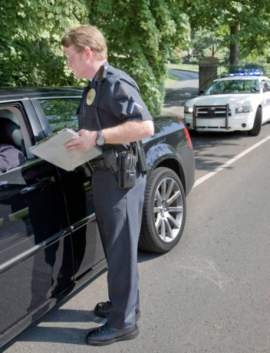
Douglas v. City of Jeannette

Douglas v. City of Jeannette: The Background
The case of Douglas v. City of Jeannette because with the plaintiff Robert L. Douglas, filing a suit against the municipality of Jeannette, Pennsylvania. Mr. Douglas, a Jehova’s Witness member, sought to enjoin against the enforcement of local laws that outlawed him and some of his colleagues from distributing religious materials door to door without a formal state-appointed permit.
The case of Douglas v. City of Jeannette was a landmark Supreme Court matter that held the courts do not restrain criminal prosecutions offered in good faith unless that would be some sort of irreparable injury. The case of Douglas v. City of Jeannette is one of four cases collectively referred to as the “Jehovah’s Witnesses Cases”, because the United States Supreme Court handed down rulings on these cases related to the Jehovah’s Witnesses on the same day—May 3rd of 1943.
Although the United States Supreme Court ruled against the Jehovah’s Witnesses in this particular legal case, it ruled in favor of the aforementioned three cases. These three landmark decisions represent a fundamental interpretation in the areas of the First Amendment.
Douglas v. City of Jeannette: The Decision of the United States Supreme Court
The case of Douglas v. City of Jeannette denied equity relief on the grounds that the court system maintained no jurisdiction in the particular matter because no irreparable injury occurred. The opinion of the United States Supreme Court in Douglas v. City of Jeannette was delivered by Chief Justice Stone. Mr. Stone, in this decision, stated that it was necessary to presume good faith on the part of the municipality when reassessing the enforcement of local laws and statutes that had been declared unconstitutional. The concurring opinion in Douglas v. City of Jeannette, appended the majority opinion and touched on the First Amendment issues raised in the previous cases.



















